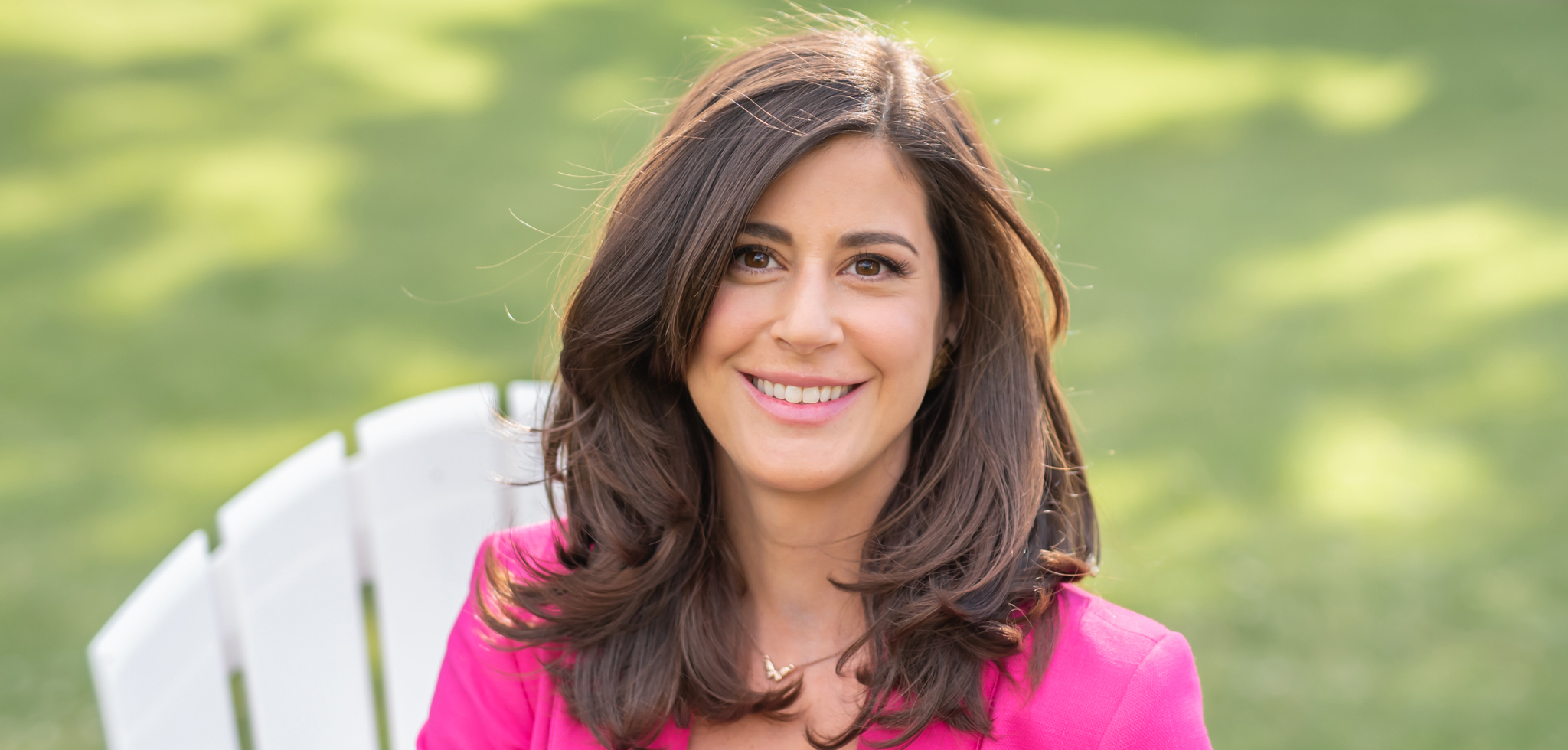Jayne Pillemer, ’06, sat down with brown and white to discuss her picture book “Still Mine,” which was published earlier this year by HarperCollins. “Still Mine” aims to make the subject of loss digestible for children through poetic phrases and accompanying illustrations. Formerly feature editor, brown and white the former student shares her inspiration for the book, insight into her life and advice for students.
Q: What inspired you to create this book?
Jayne Pillemer: My grandmother is really the one who inspired this book. When she passed away, I was so devastated. She was such an integral part of my life. She was a force of love. She had 10 grandchildren and we all felt like her favorites. She just had this way of connecting with everyone and making everyone feel so special.
When she passed away, I was a young mother to a 2 year old boy and a newborn boy at the time, and I was lost. How do I explain something so big to my children? I had never lost anyone – my grandmother was one of the first people in my family to die. It fell on me. Now, I’m a parent, and I have to explain the subject of death, so how do I do it?
I brought together some of that love my grandmother gave me and the education I received from Lehigh University and my career at HarperCollins as a children’s book publisher. It is the experiences of life, it is the love that has been passed on to you that creates and defines your heart, and it is education that gives you the ability to do something with all those feelings.
Q: What are the fond memories you had with your grandmother?
JP: My special thing with my grandmother was having sleepovers when I was a kid. Well into my twenties, I still wanted to go to my grandmother’s. She would teach me how to make some of her recipes. She had a delicious eggplant parmesan and an amazing homemade Caesar salad and rice pilaf recipe that my kids love today. Thus, his recipes are still alive.
She and I ate ice cream on the couch late at night, made hot chocolate late at night, and watched reruns of “I Love Lucy.” Having hot chocolate reminds me of her, as she always had a box of Swiss Miss on the top shelf of her kitchen cupboard which was put away for me when I came.
Q: How important was it to continue your grandmother’s legacy?
JP: The concept of “Still Mine” is that even if someone dies, the little pieces of their life that make up your heart don’t have to go away. And, the way I feel connected to her is by making her recipes and sharing them with my children.
Q: How important is it to study your passion?
JP: I think that’s the most important thing. I feel like most people, especially when they hear you’re an English student, go, “Oh my god, what are you going to do with that?” You can only become a teacher – you will never make money! But the truth is that doing anything in math and science, or engineering or law, I would have sucked even if I had studied really hard because I just lacked interest.
I think if you lack interest, you lack motivation, and being successful in any career requires motivation. You can’t make a lot of money unless you’re motivated to get to the office early and work hard, and commit to the material. I could never imagine myself engaging in what I did with my novels and my interviews with brown and white.
Q: What impact did your time at Lehigh have on your career?
JP: Lehigh was such a great foundation for me in terms of writing development. I feel like at Lehigh, I really, one, came in my own voice and interest, but I also improved technically as a writer and developed both the skills of journalist and essayist.
I had wonderful teachers who were just amazing mentors who found your strengths and encouraged them.
Q: What advice would you give to students looking to enter the publishing industry?
JP: Publishing is a very difficult industry to break into, simply because there are so few publishing houses and editorial assistant jobs, which are entry level publishing jobs right out of university that are hard to find.
My advice is to network as much as possible. Developing your writing, honing your skills – knowing why you want to be in publishing gives you a head start. Really identifying the specifics of what you want to do, trying to network, making connections, and creating your writing samples is really, really helpful.
Pillemer’s book was illustrated by Sheryl Murray. (Photo courtesy of Jayne Pillemer)
Q: What was it like watching your book blossom?
JP: One of the scariest things about publishing a book is that it’s in the world for criticism. You think, “Oh my God, I poured my heart and soul into this book and what if people don’t like it? What if it is misjudged? You’re so proud of something and fear can hold a lot of people back.
It was my first project. I really didn’t know if it was going to sink or swim or what the reactions would be. But, now that I’ve got a bit of that validation like, “OK, I’m a writer. I can do this. I’m worthy. I think that’s something everyone needs, that little bit of validation, especially when they are just beginning.

